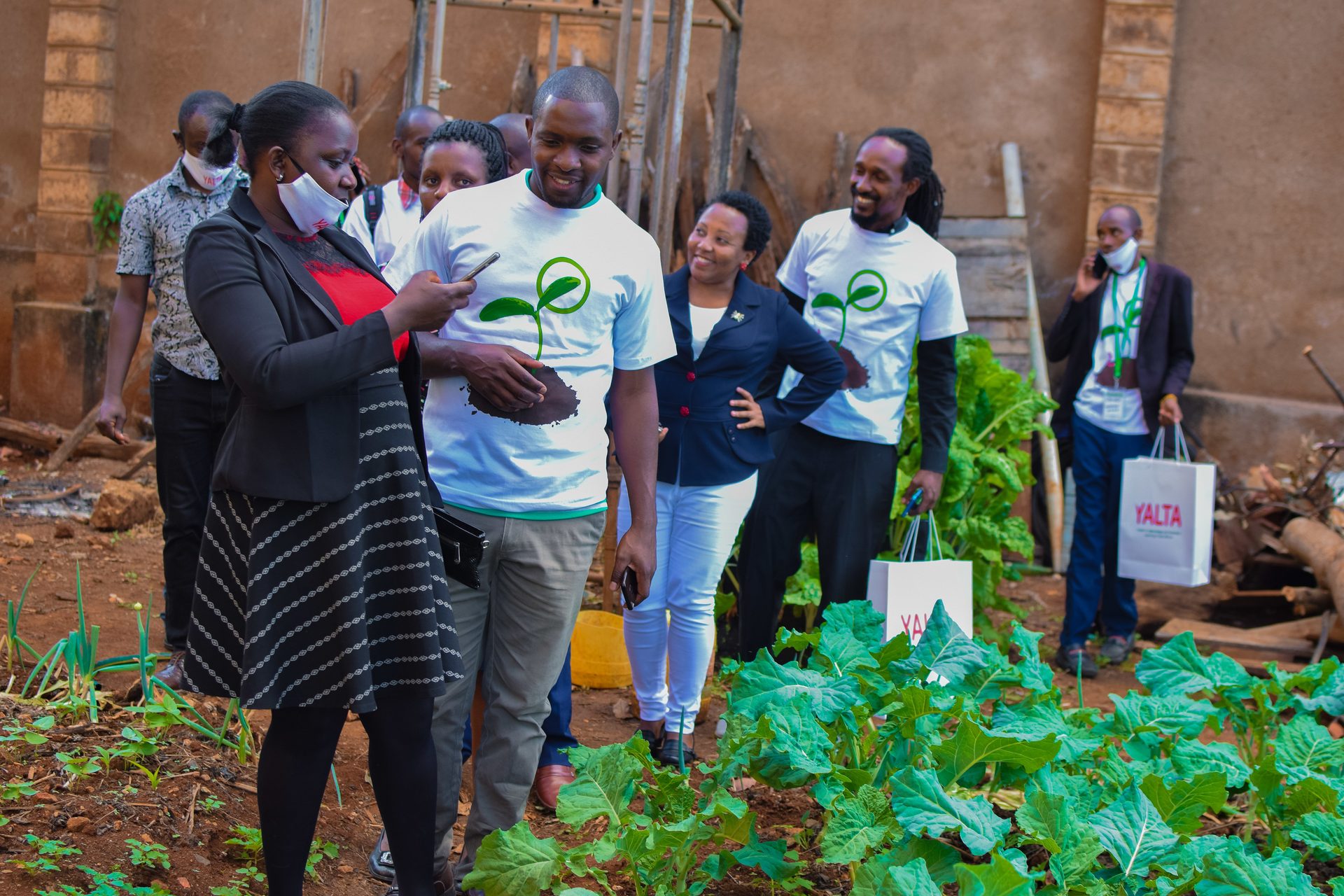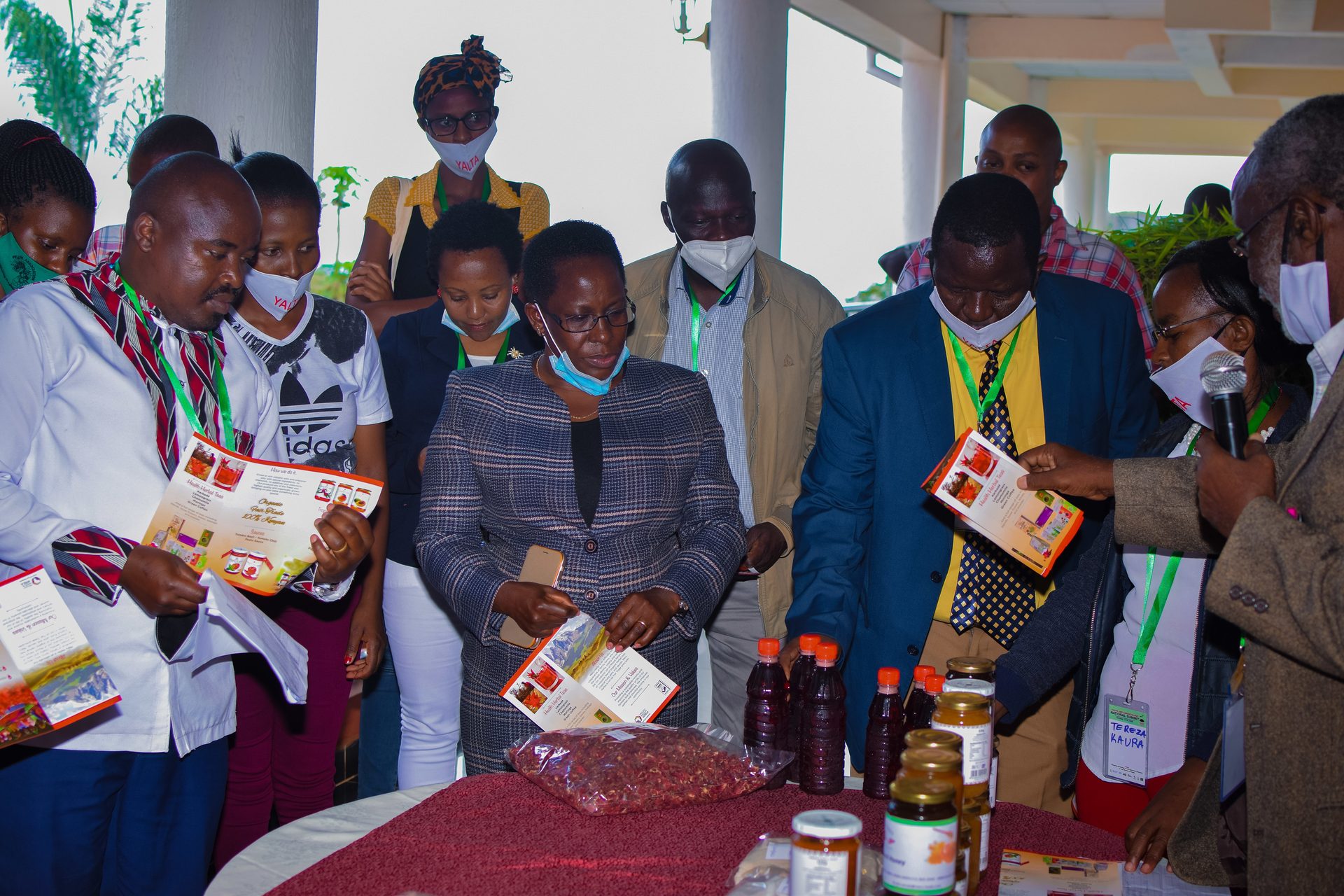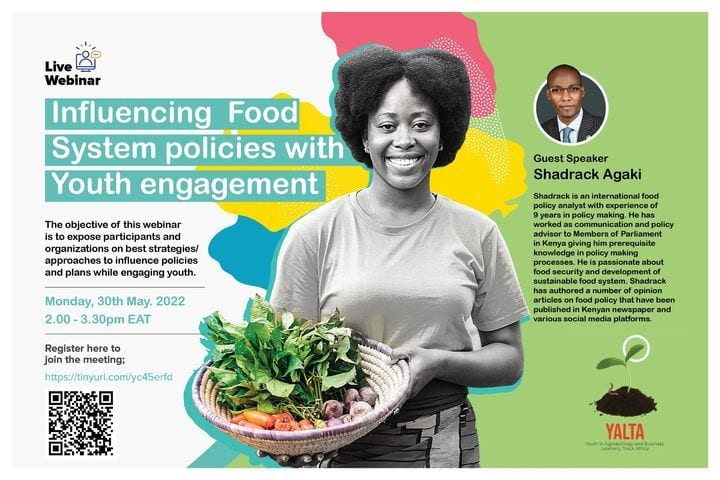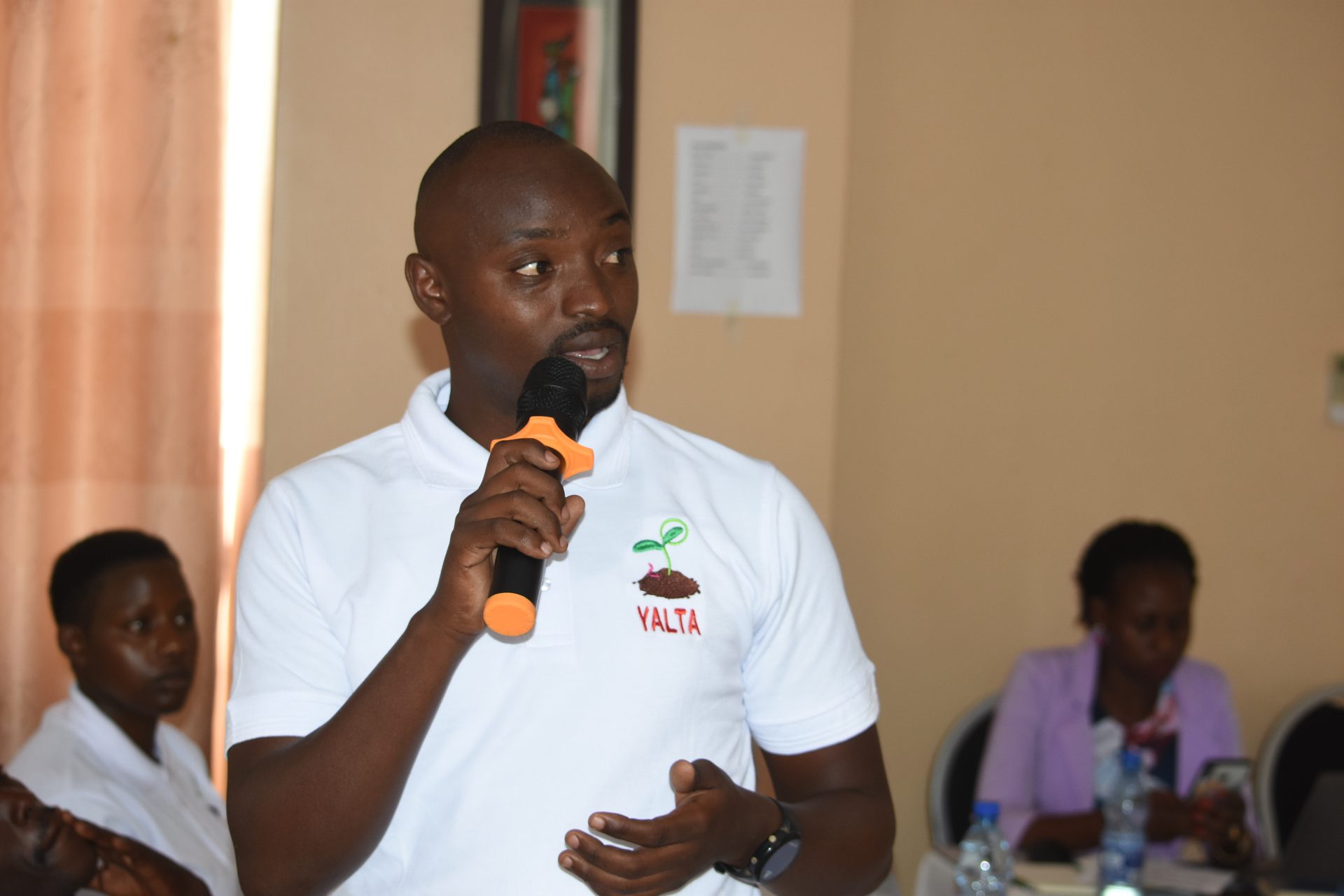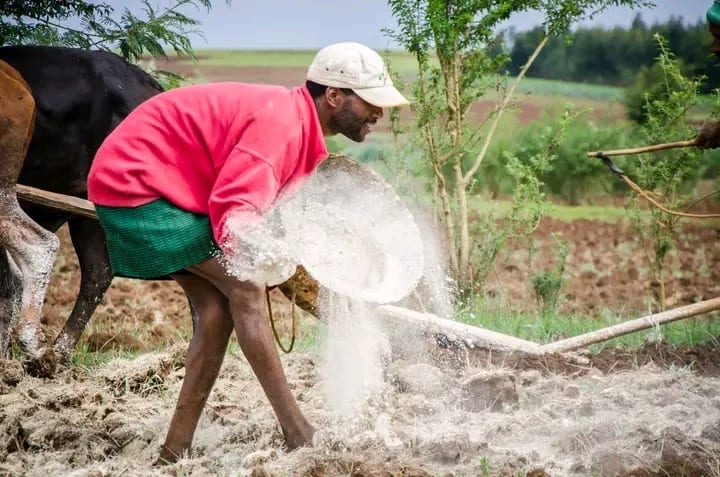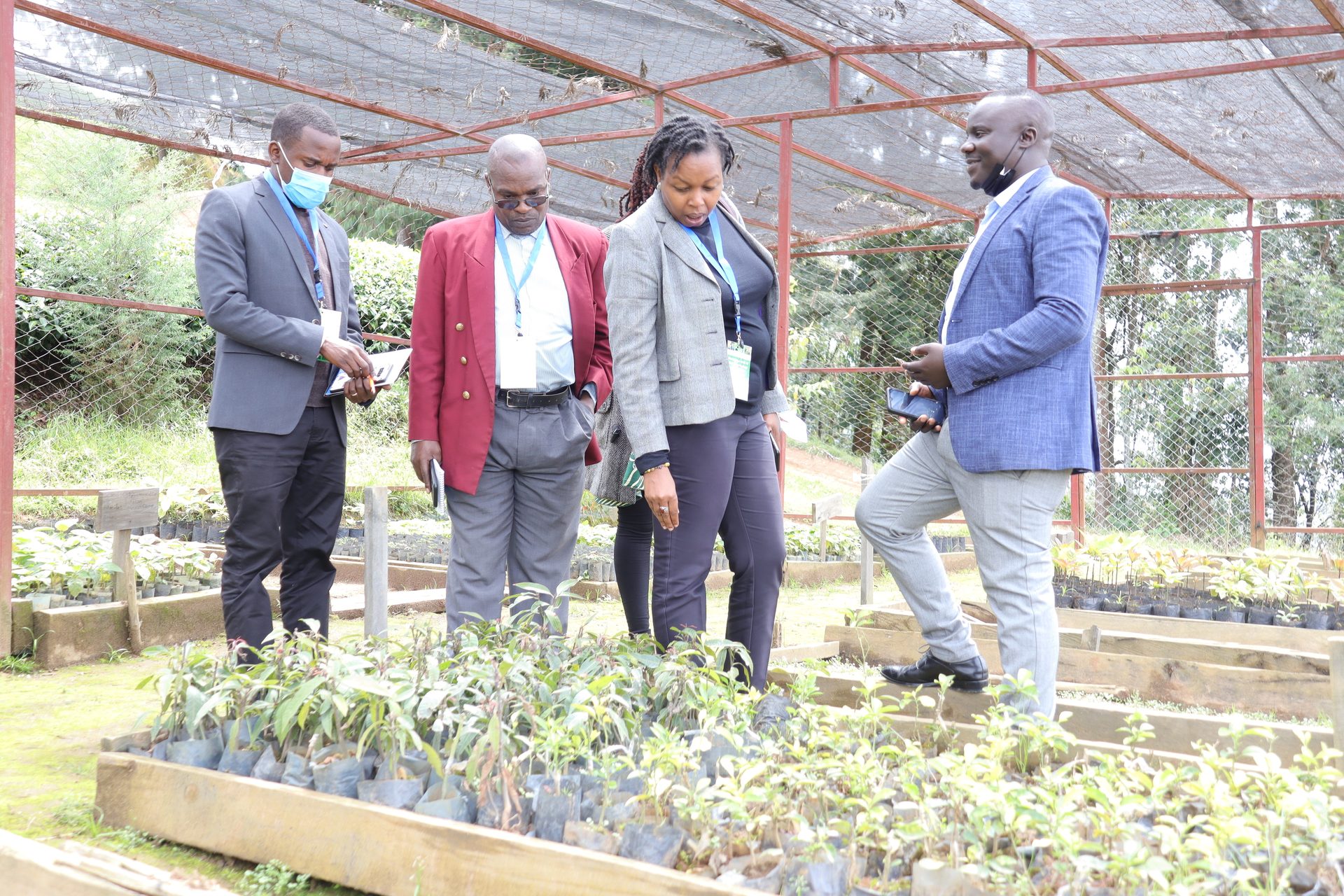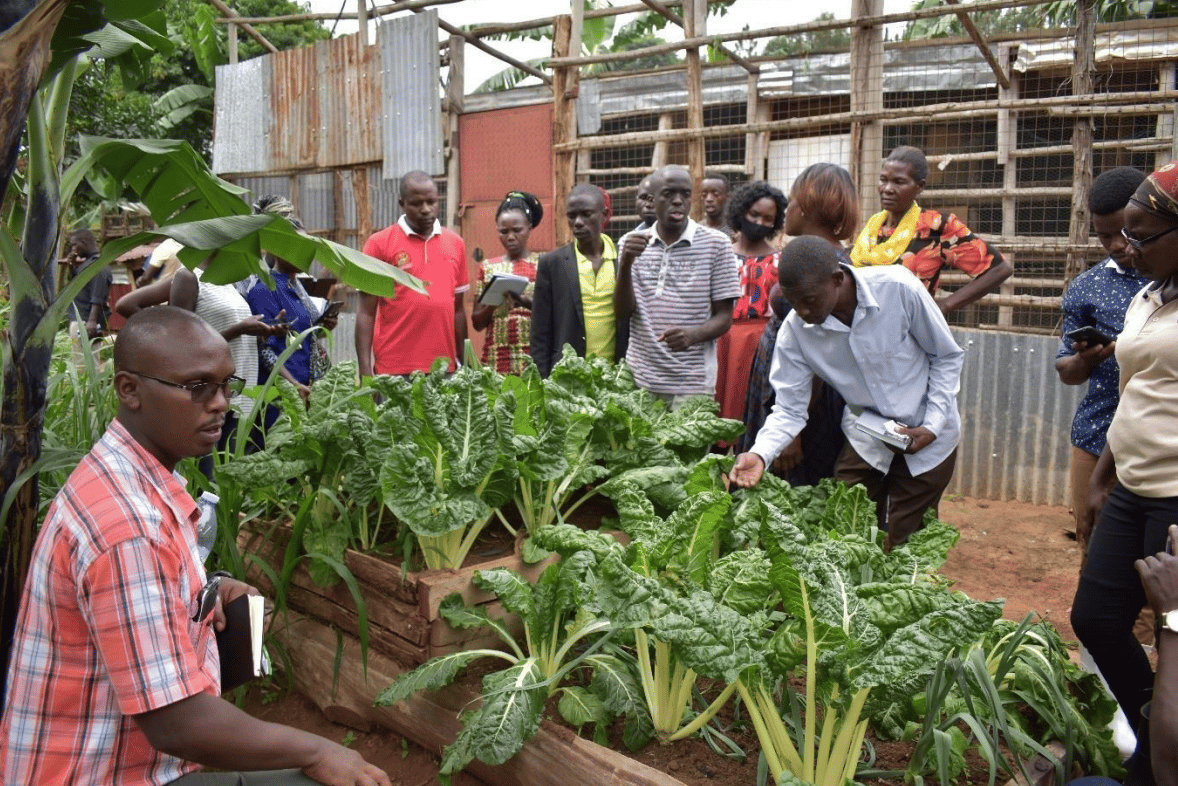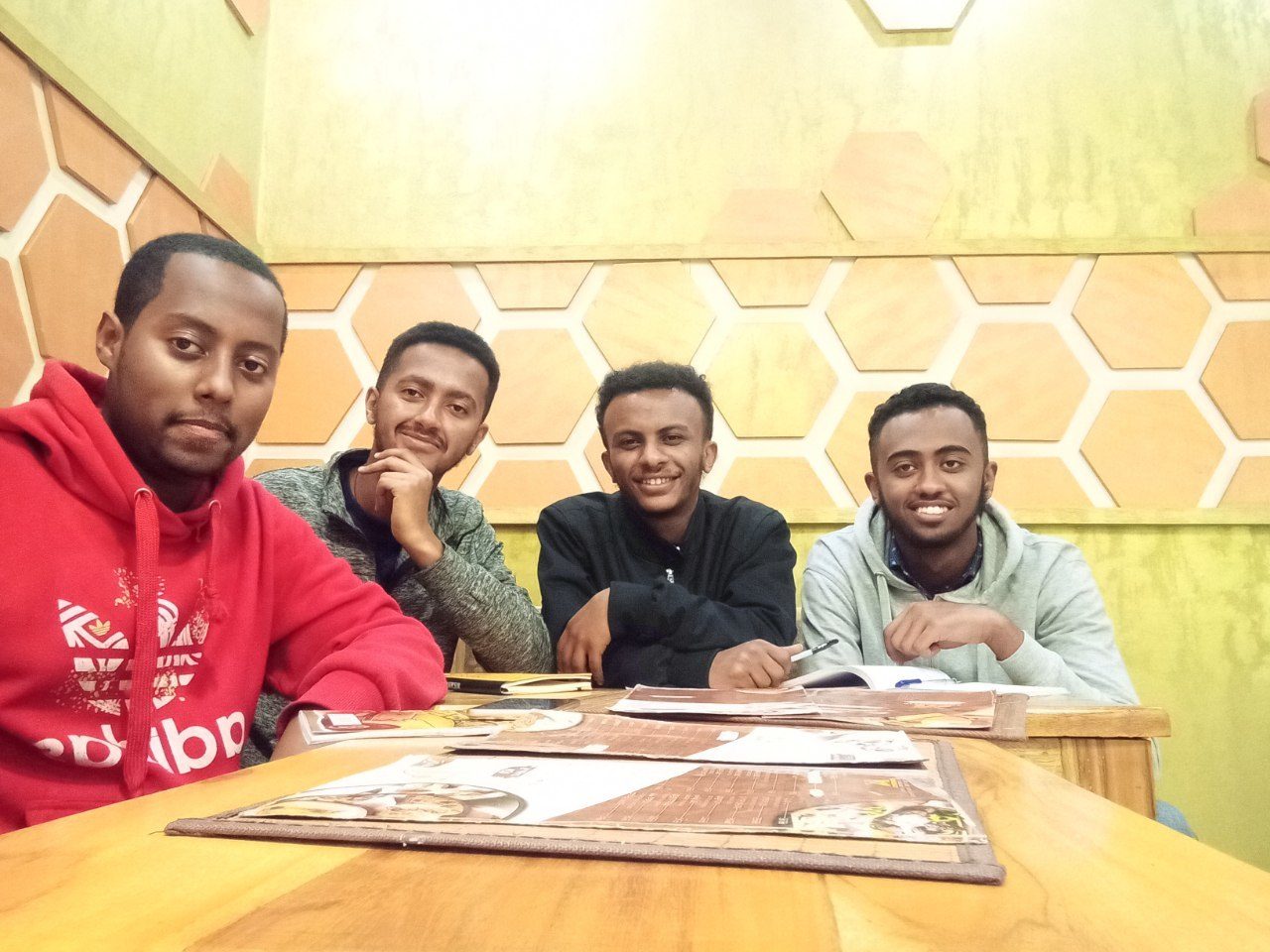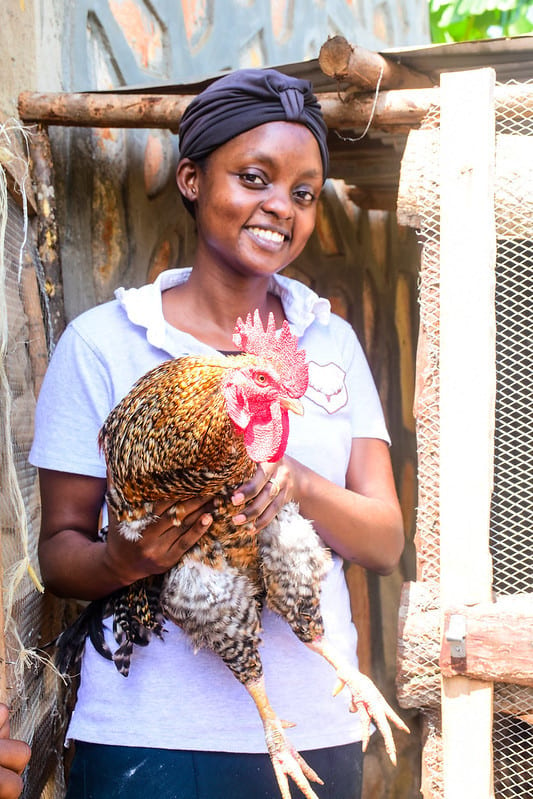Main Projects

To get youth entrepreneurs interested in agroecology, we need to show them that it can make a change. To do so, YALTA supported the setup of national coalitions. How does that work? YALTA Ethiopia coordinator Lensa Girma shares her insights.
Expert Talk
Coalitions working on issues of change
Our coalition partners are at the core of our work. Get to know them!
7 LESSONS ON BUILDING NETWORKS AND COALITIONS FOR YOUTH IN AGRO-
ECOLOGY
Lesson 1 | Connect
Combine online conversations with face-to-face meetings to facilitate communication and learning and build trust among the network and coalition members
Lesson 2 | Build and support strong networks
The youth and agroecology networks were crucial to getting things done. They helped to open doors, create understanding about agroecology and provided topics for the coalitions, input for policy processes and research questions.
Lesson 3 | Focus
Time and energy should be spent on partnerships and coalitions with energy and truly transformative ideas. YALTA started with 19 different coalitions, but selected one coalition per country to be able to give the right support and attention.
Lesson 4 | Make it context specific.
The approach should fit the local reality, coalitions can have many different forms and names.
Lesson 5 | There's no straight path to success
Building coalitions is hard work, and requires specific process support skills. Capacity building of team and partners should be taken seriously, and training and coaching should be provided when needed.
Lesson 6 | Formulate a dream, but focus on a plan
Make your action plan a concrete translation of the collective dream.
Lesson 7 | Make the experts the leads.
The problem owners should be leading the coalition, as they are most committed to work on issues for change. As a coalition support service, YALTA could identify other organisations needed to achieve change.
Main Projects

To get youth entrepreneurs interested in agroecology, we need to show them that it can make a change. To do so, YALTA supported the setup of national coalitions. How does that work? YALTA Ethiopia coordinator Lensa Girma shares her insights.
Expert Talk
Coalitions working on issues of change
Our coalition partners are at the core of our work. Get to know them!



